The Less Familiar Story: Padre Cortina
BY GUEST BLOGGER | November 20, 2014
written by: Becky Chabot, social ethicist, Creighton University ’04, Boston College School of Theology and Ministry ’09
This reflection was written on the 25 year anniversary of the deaths of the Jesuits martyrs of El Salvador and their companions – November 16, 2014.
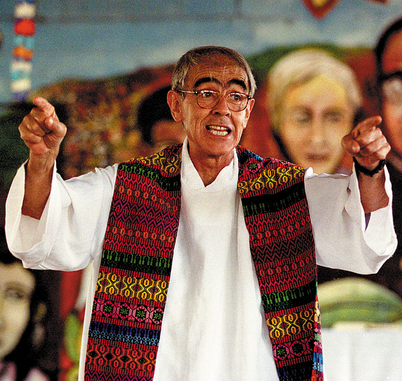 Twenty five years ago tonight, I was a seven-year-old watching the evening news with my parents, as we did every night. There was a story about some murders, but I didn’t pay much attention to them. It was until the Spring of 2003, when I was preparing to go to El Salvador for the first time, watching a documentary with my group, that I suddenly remembered having seen the footage on the nightly news nearly 15 years earlier. For me, this particular anniversary is a reminder of how interconnected our world is, how we really do have a responsibility to our brothers and sisters to help care for them and ensure our world is a place where all people are able to live without fear that their lives will be cut short by poverty, oppression, war, etc.
Twenty five years ago tonight, I was a seven-year-old watching the evening news with my parents, as we did every night. There was a story about some murders, but I didn’t pay much attention to them. It was until the Spring of 2003, when I was preparing to go to El Salvador for the first time, watching a documentary with my group, that I suddenly remembered having seen the footage on the nightly news nearly 15 years earlier. For me, this particular anniversary is a reminder of how interconnected our world is, how we really do have a responsibility to our brothers and sisters to help care for them and ensure our world is a place where all people are able to live without fear that their lives will be cut short by poverty, oppression, war, etc.
As I was going through old photos from my two trips to El Salvador (one in May 2003 with Creighton, one in March 2008 with Weston Jesuit School of Theology), I came across one of my host family from my second trip. Along with Jake Schneider, now the Director of Immersions at Santa Clara, I stayed with a family in Santa Ana for an evening, getting to sit and talk with them that night and the next morning before going to church with them. Yani, our host mother, is an English teacher, so the entire family spoke more than enough English to make it easy for us to substitute words we didn’t know in Spanish. Fabiola and Fabio Jr, our host siblings, were both teenagers keen to attend university and further their education. Fabio Sr, our host father, had studied engineering at the UCA.
Upon learning this, I immediately got excited. Because one story that most people aren’t familiar with from this night 25 years ago is that of Fr. Jon Cortina, SJ. In 1977, after Fr. Rutilio Grande, SJ, was murdered, Padre Cortina took over as the pastor in Aguilares. In 1989, he was the pastor of a small campo town named Guarjila, about three hours from San Salvador, near the Honduran border, and he taught engineering at the UCA. Along with Sobrino, who had been in Thailand, Padre Cortina was not home with his Jesuit community that night; the people of Guarjila had refused to let him make the journey back at night, knowing how dangerous it was. The next day, as he was driving back to San Salvador, he heard the names of all those who had been killed at the UCA listed…including his name. He pulled his Jeep over to the side of the road and checked himself to make sure he was still alive, before continuing his journey into the city.
I was lucky to get to know Padre in 2003. He had lunch with our group in Omaha before our trip, as he was at graduation to receive an honorary doctorate from the university and to bless the floors of a residence hall that were going to house the inaugural Cortina Community the following academic year. We also go to spend time with him in Guarjila, attending a Mass over which he presided. But I was also lucky enough that I got to spend several hours with him later that summer, when he returned to Creighton for a reunion with his classmates with whom he had studied in the United States during his Jesuit formation.
Two months after I had stood in the Rose Garden at the UCA and wept, I sat in the Jesuit Gardens at Creighton with one of the surviving community members of the UCA community. It was hard not to start picturing the lives of the Jesuits who were molding and shaping me through my time at Creighton sprawled across the lawn; the comparison needed no verbal acknowledgement. We talked for several hours, about a variety of things, but mostly, I listened to Padre share stories from El Salvador, most of them from during the war, and many of them about his brother Jesuits.
So I immediately asked Fabio if he had known Fr. Cortina. And not only had he, he then shared a story that I had heard Cortina tell on several occasions. As a professor of engineering, Cortina still felt compelled to talk about social justice in his class, or “politics” as some of his students saw it. One day, several complained to Cortina that they felt they weren’t learning enough about engineering, because he spent so much time on social issues. So, he decided to give them what they were asking for. The next day, he gave them a quiz over all the engineering material they should have memorized by that point in the semester. No one did particularly well and they begged him to go back to talking about politics. Which he did.
I can only guess whether or not Padre told them why he talked so much about politics, but his explanation to me made perfect sense: students can read the formulas in a book, but they can’t read about what’s really happening in their country in a book.
Fr. Cortina passed away in 2005, several weeks after suffering a stroke. His legacy lives on in his students, who learned about the reality of their country, and in Pro-Búsqueda, the organization he founded to help reunite families who had been torn apart during the war by the military, who routinely took the children of those deemed to be “guerillas” or “subversives.” Many of those children were adopted by families in other countries as war orphans and the organization still works today to help heal those wounds.
I share this story, even though it may seem less connected to the 8 UCA martyrs at face value, because it reinforces the idea that a university must use what it has at the service of those who most need it. One can read the words of Ellacuría and Jon Sobrino on the meaning of the university or on the theological understanding of the role of the Church, but it was precisely because of those things that Cortina never wrote out his theology; he was a living embodiment of the best of what the Church has to offer the world. Cortina was attacked several times during the war, but miraculously survived all the attempts on his life. That my host father in Santa Ana, who is not a Catholic, studied under him was a further reminder that we’re all far more interconnected than it may appear. We are reminded of that interconnectedness every year, when we gather together to celebrate the 8 UCA martyrs and all those who have come before us; we all have people and a passion for justice in common.
If you would like to learn more about the life and work of Fr. Jon Cortina, there’s a great video available online for free.
ISN welcomes faith & justice related blog submissions from members of the Ignatian family. Please let us know of any blog ideas or posts using this form: ISN Blog Ideas

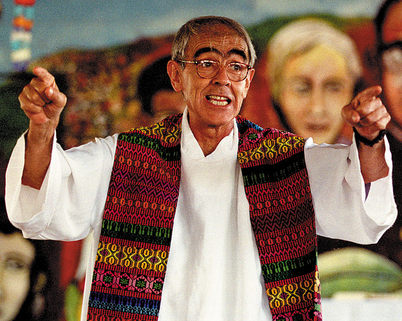
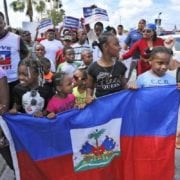
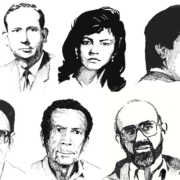
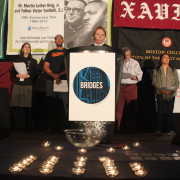

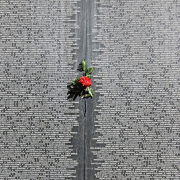
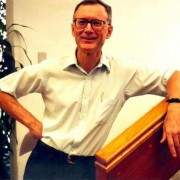



Leave a Reply
Want to join the discussion?Feel free to contribute!